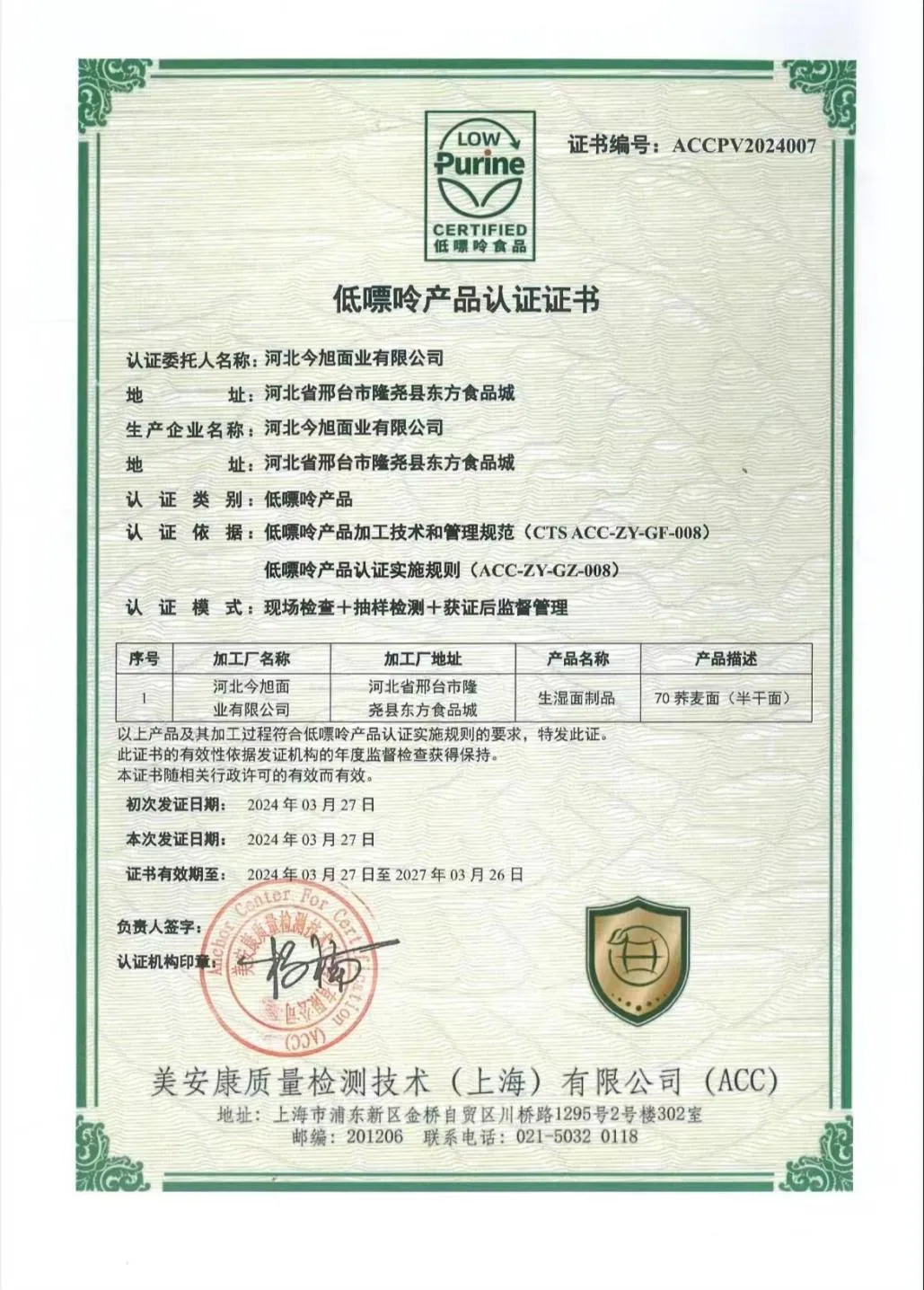Can Diabetics Enjoy Ramen as a Healthy Meal Option Without Concerns?
Is Ramen Okay for Diabetics?
Ramen, a popular and convenient noodle dish originating from Japan, has become a staple food in many households around the world. However, for individuals with diabetes, the suitability of ramen as part of their diet is often a topic of concern. Diabetes management relies heavily on the control of blood sugar levels, and understanding how different foods affect these levels is crucial. So, is ramen okay for diabetics? Let’s delve deeper into this question.
Is Ramen Okay for Diabetics?
However, the impact of ramen on blood sugar can vary depending on several factors, including preparation methods and portion sizes. Many commercial ramen products are high in sodium and preservatives, which can contribute to overall health concerns, especially for diabetics who may also be at risk for heart disease and hypertension. Moreover, many instant ramen varieties come with flavor packets that are rich in unhealthy fats and sugar, which can further complicate their suitability for diabetic individuals.
is ramen ok for diabetics

On the other hand, ramen can be modified to make it more diabetes-friendly. By opting for whole grain or vegetable-based noodles, individuals can benefit from lower GI alternatives that are more nutritious. Supplementing ramen with plenty of non-starchy vegetables, such as spinach, bok choy, or mushrooms, can also help increase fiber intake, which aids in blood sugar control. Additionally, using lean proteins like chicken, tofu, or eggs can enhance the nutritious value of the dish while also balancing the carbohydrates.
Portion control is another critical consideration. Eating a smaller serving of ramen, complemented by protein and vegetables, can help manage blood sugar spikes. It's also beneficial to monitor one’s blood glucose levels before and after consuming ramen to understand how it affects individual responses.
In conclusion, while traditional ramen may not be the most diabetes-friendly food option due to its high carbohydrate content and potential health risks from additives, it can be adapted to fit into a diabetic diet with some mindful changes. Choosing whole grain noodles, incorporating vegetables, and respecting portion sizes can make ramen a more acceptable dish for individuals with diabetes. As always, consulting with healthcare providers or nutritionists is advisable when making dietary changes, ensuring that any adaptations align with individual health needs and goals. With a little creativity and mindful preparation, ramen can still be enjoyed in a balanced, health-conscious manner.
-
Unleash Your Inner Chef with Delectable Italian Pasta CreationsNewsAug.01,2025
-
Savor Health and Flavor: Irresistible Soba Noodles for Sale Await!NewsAug.01,2025
-
Nourish Your Body with Premium Organic Ramen - A Culinary Delight AwaitsNewsAug.01,2025
-
Elevate Your Dishes with Our Exquisite Kinds of Egg NoodlesNewsAug.01,2025
-
Dive into Flavorful Convenience with Our Ramen OfferingsNewsAug.01,2025
-
Discover Exquisite Types of Naengmyeon and Chilled Soba NoodlesNewsAug.01,2025
-
Is Whole Wheat Pasta Healthy?NewsMay.30,2025
Browse qua the following product new the we

















































































































